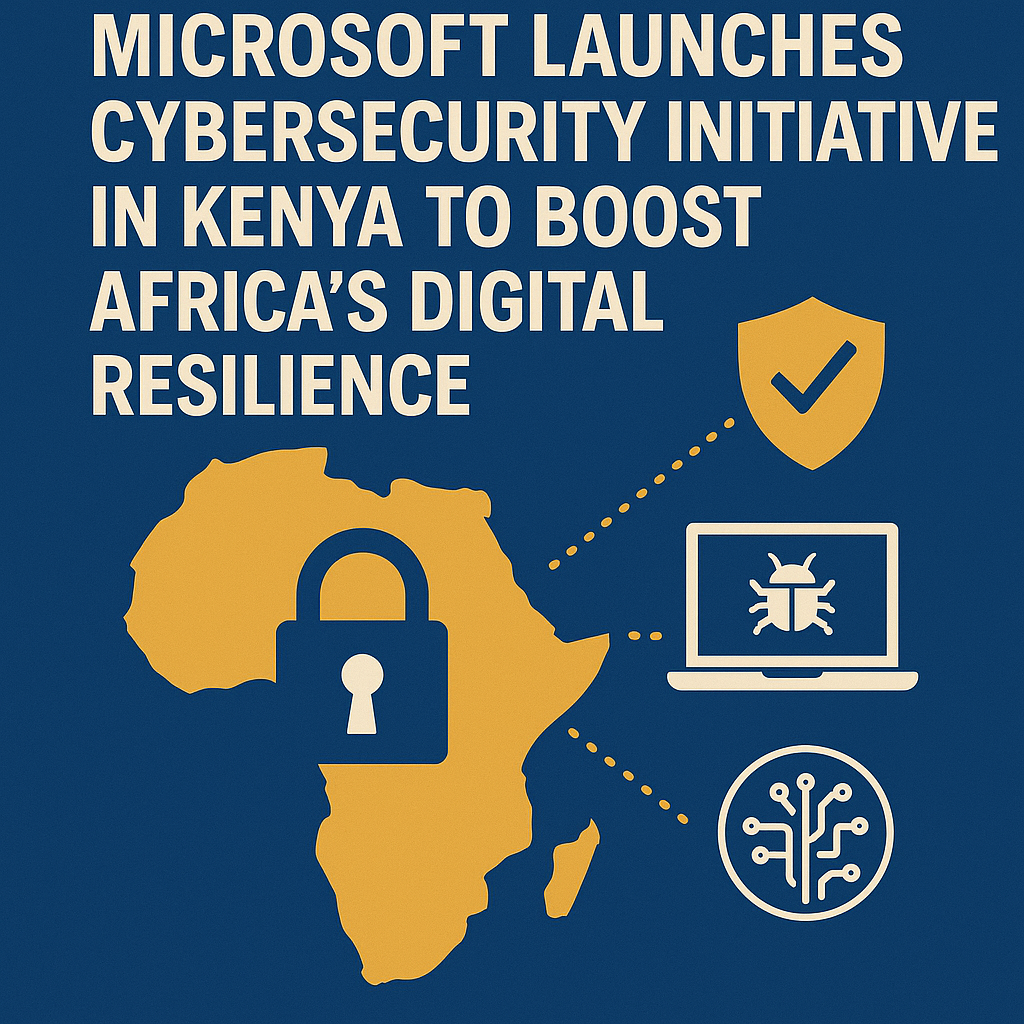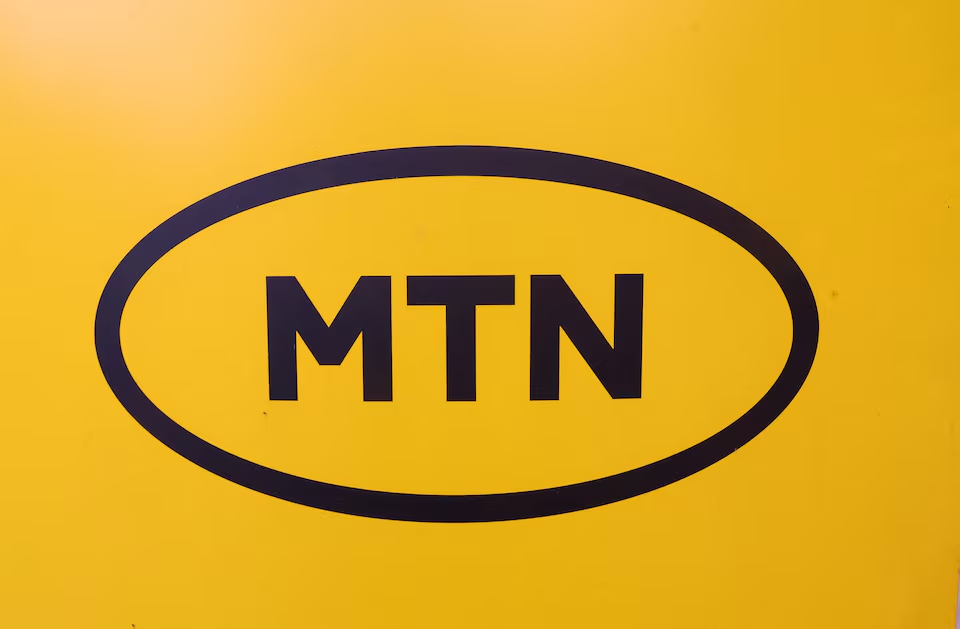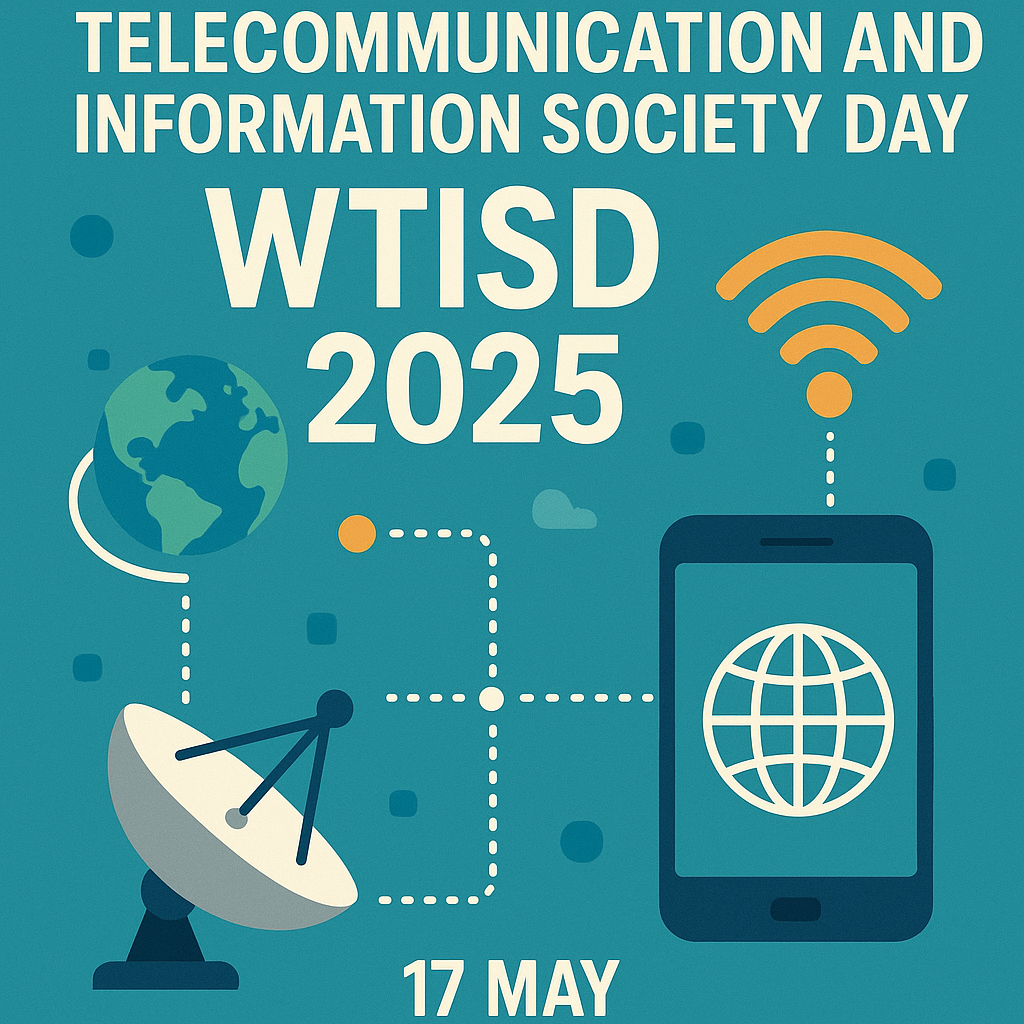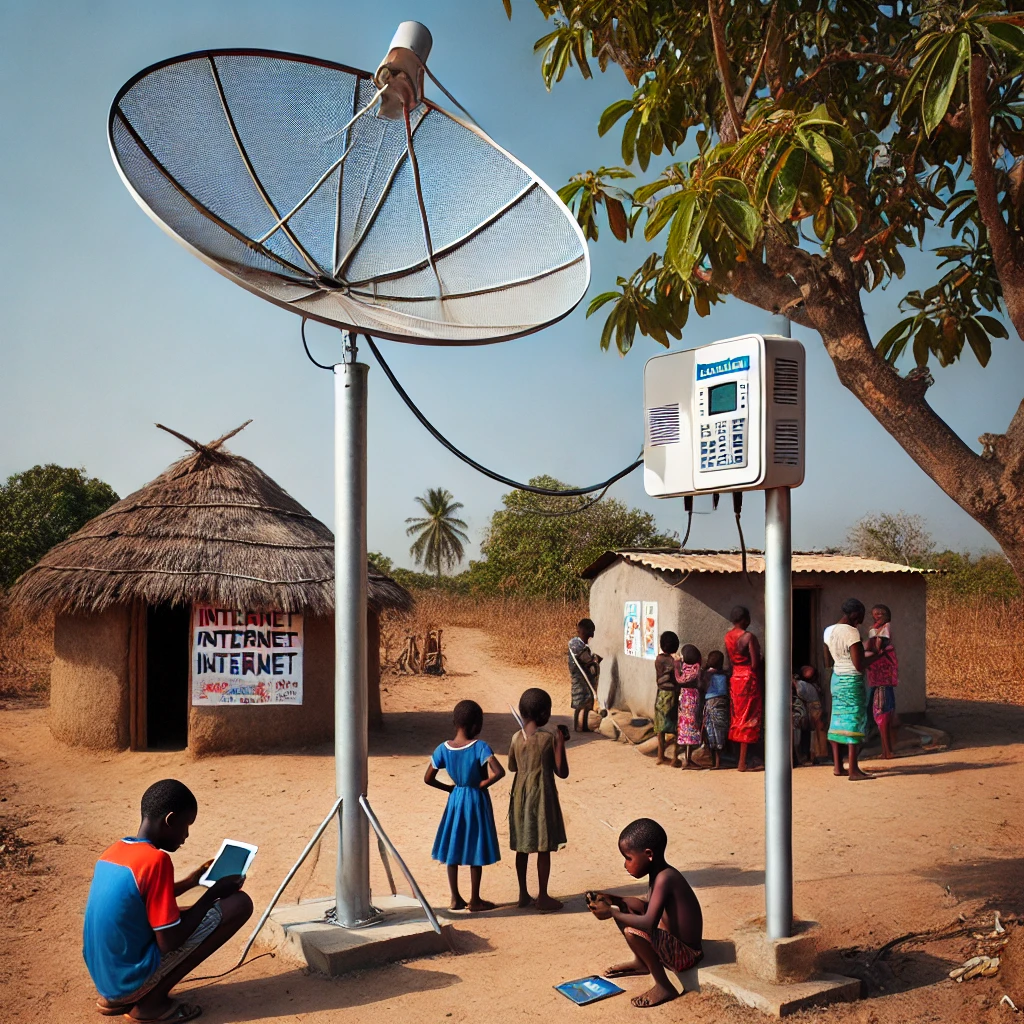MTN Group has been inducted into the inaugural Brand Africa Hall of Fame “in recognition of its transformational impact on African consumers and its role in shaping a positive African narrative”. MTN was also recognised as the #1 Most Admired African Brand Contributing to a Better Africa; the #1 Most Admired African Brand (spontaneous recall); the #1 Most Admired Brand Doing Good for Society and the Environment; and #1 Most Admired Telecommunications Brand.
The Hall of Fame honour, introduced this year by Brand Africa, acknowledges brands that have demonstrated sustained excellence and influence on the continent over the past decade. MTN’s induction reflects its ongoing commitment to enabling digital access, expanding financial inclusion, and contributing meaningfully to Africa’s development.
The announcement was made alongside the release of the 2025 edition of the Brand Africa 100 rankings – an annual, independently conducted survey spanning more than 30 African countries and representing more than 85% of the continent’s population and GDP.
“It is an honour to be inducted into the Brand Africa Hall of Fame and to be named the most admired African brand contributing to a better Africa, the most admired African brand by spontaneous recall, as well as the brand most admired for doing good for society and the environment,” said Ralph Mupita, MTN Group President and CEO.
“That this recognition comes during Africa Month gives it added significance. It reflects the progress we continue to make as a continent and the role trusted brands must play in advancing inclusive, digitally enabled growth. We are grateful for the confidence placed in MTN by the people we serve and remain committed to delivering meaningful impact.”
Mupita also acknowledged the collective effort behind the brand’s success, thanking MTNers, partners, and other stakeholders across the continent for their role in making this recognition possible.
MTN operates mobile networks in 16 countries. Since 2021, the company has been guided by its Ambition 2025 strategic intent of Leading digital solutions for Africa’s progress. This underscores MTN’s commitment to driving digital and financial inclusion and fostering innovation across the continent.
Further validating its brand leadership, MTN was recently ranked once again as South Africa’s most valuable brand. The accolade was made in the 2025 Brand Finance Top 100 Report, which accorded MTN a brand valuation of R50.7 billion. MTN has held this position every year since the survey’s inception in 2012.

Most admired Telecommunications Brands

Most Admired African Brands

Most admired brands – Doing good for society and the environment.
Source: Business Ghana









